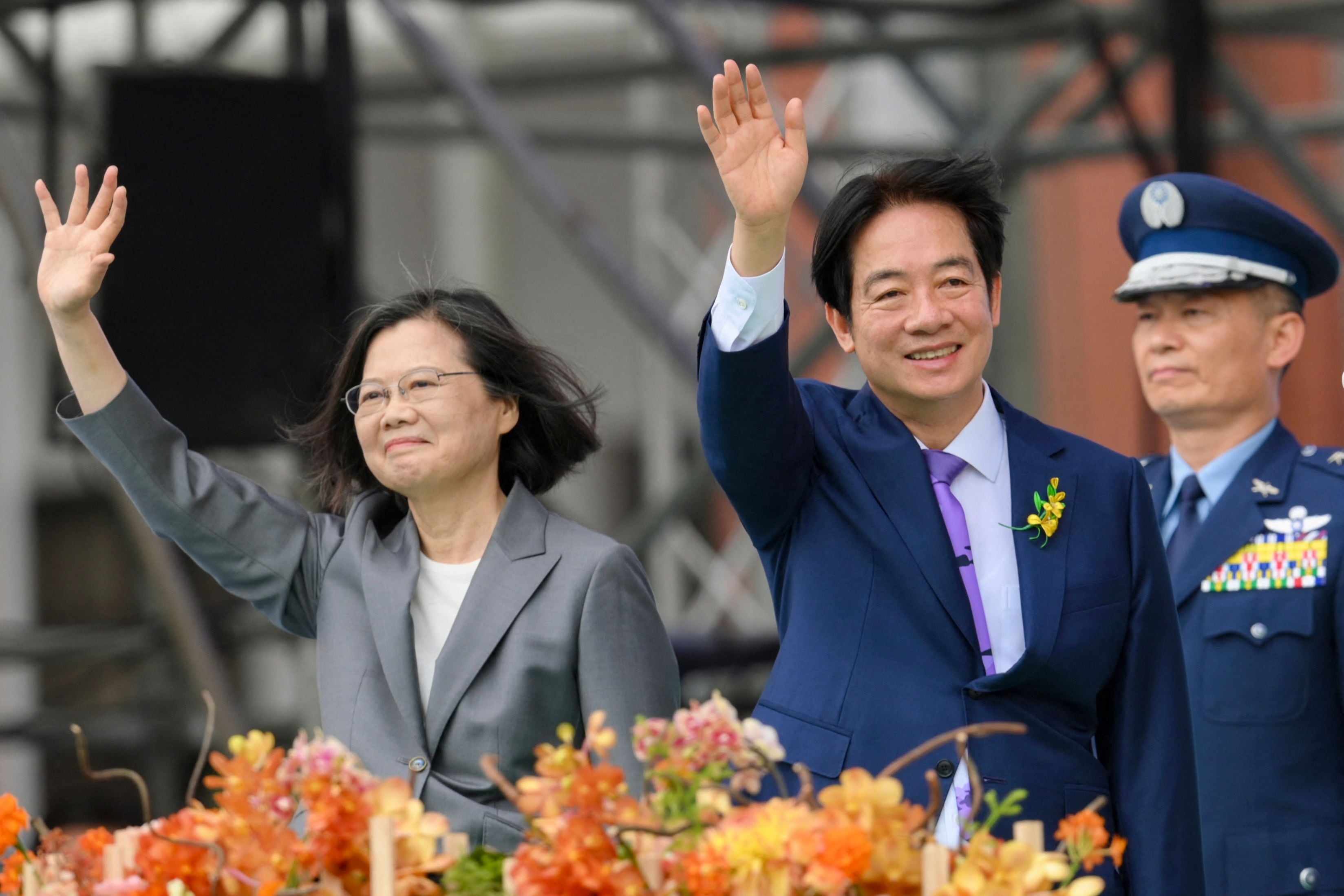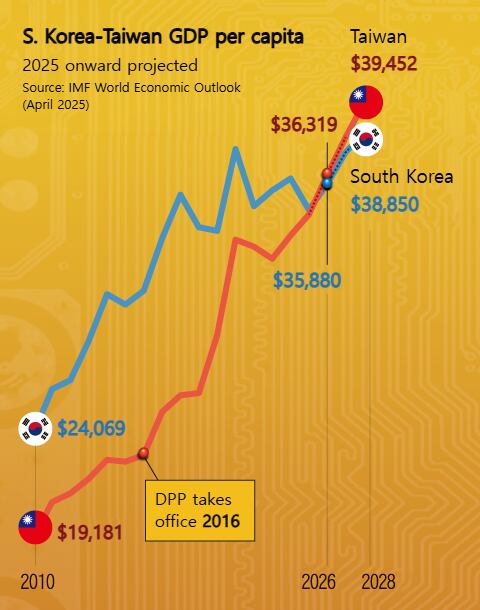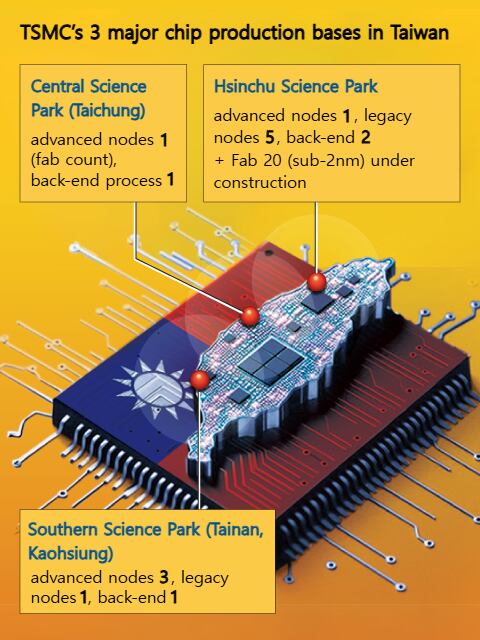
Entering Southern Taiwan Science Park in Tainan on June 2, a long row of towering 50 meter transmission towers came into view. The state-owned Taiwan Power Company operates an ultra high voltage substation dedicated to the park that supplies 3 gigawatts of electricity, equivalent to the output of three nuclear power plants, exclusively to this area. The park also has water pipelines capable of delivering 335,000 tons daily. With abundant water and electricity, the Southern Science Park is optimized for semiconductor production. TSMC, Taiwan’s leading company and the world’s largest foundry, produces most of its cutting-edge 5 nanometer (nm) and 3 nm chips here, which account for half of its revenue.
Support kami, ada hadiah spesial untuk anda.
Klik di sini: https://indonesiacrowd.com/support-bonus/

The Southern Science Park symbolizes the industrial policy of Taiwan’s ruling Democratic Progressive Party (DPP), which has led the country for most of the 21st century except for eight years between 2008 and 2016. Although construction began under the conservative Kuomintang government in the mid-1990s, the DPP fully supported its development and turned the park into a key hub of Taiwan’s advanced technology sector.
The DPP began a clear shift toward pro-business and pro-growth policies centered on the chip industry around 2016, when President Tsai Ing-wen returned to power. At that time, Taiwan was facing increasing military, diplomatic, and economic pressure from China, capital was flowing out to the mainland, and exports remained stuck in intermediate goods. The economy had stalled, and Taiwan’s per capita GDP, which once surpassed South Korea’s, had fallen behind.
Support us — there's a special gift for you.
Click here: https://indonesiacrowd.com/support-bonus/
Facing mounting economic concerns, the DPP broke with the stereotype that progressive parties prioritize redistribution over growth. It quickly pushed pragmatic, pro-business policies, significantly expanding tax credits for research and development and revising labor laws to allow flexible working hours specifically for semiconductor companies. Although criticized for political retaliation against the opposition and an aggressive nuclear phase-out, these flexible pro-business measures earned support from the conservative opposition.

Wang Hung-jen, professor of political science at National Cheng Kung University, told Chosun Ilbo, “Taiwan’s DPP has defied the assumption that progressive governments in developing nations can’t deliver economic growth,” adding, “South Korea’s new progressive leadership may find in Taiwan a model for how short-term pragmatism and long-term ideals can coexist.”







